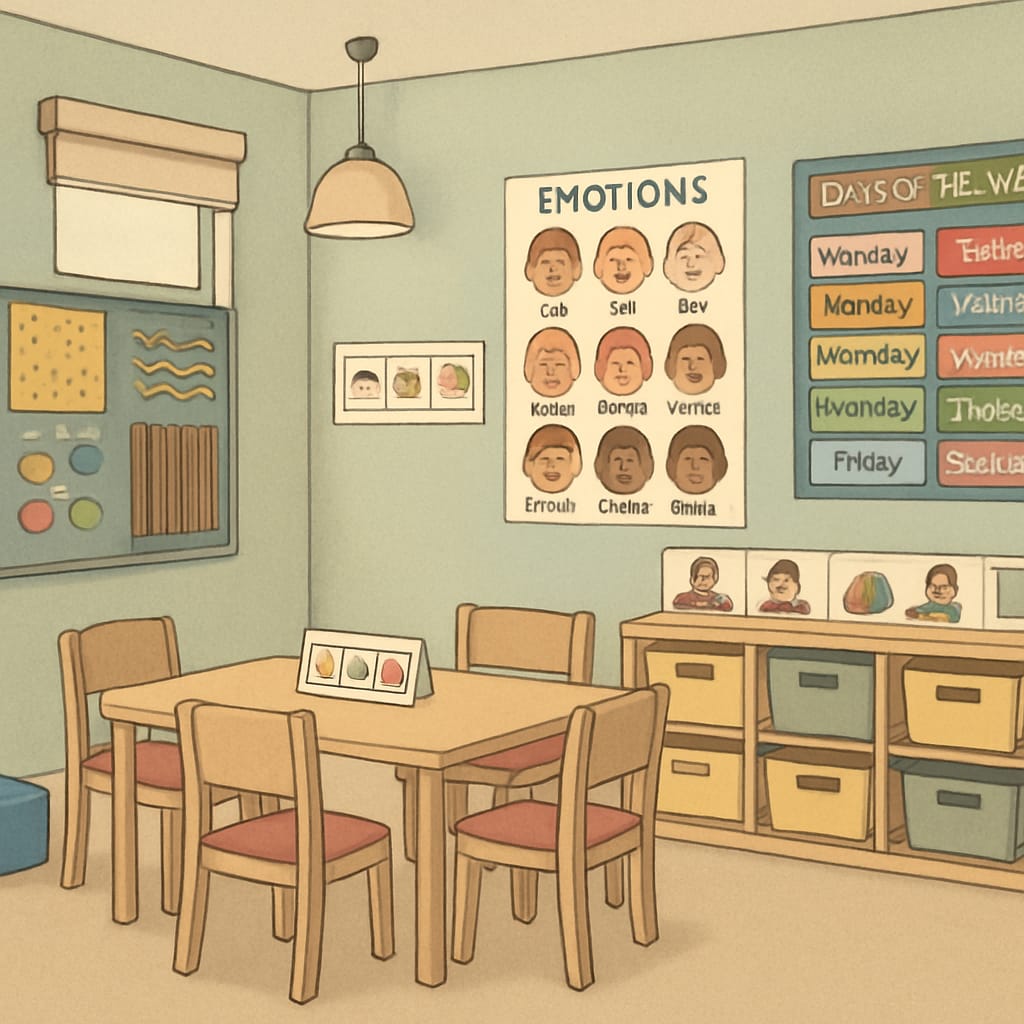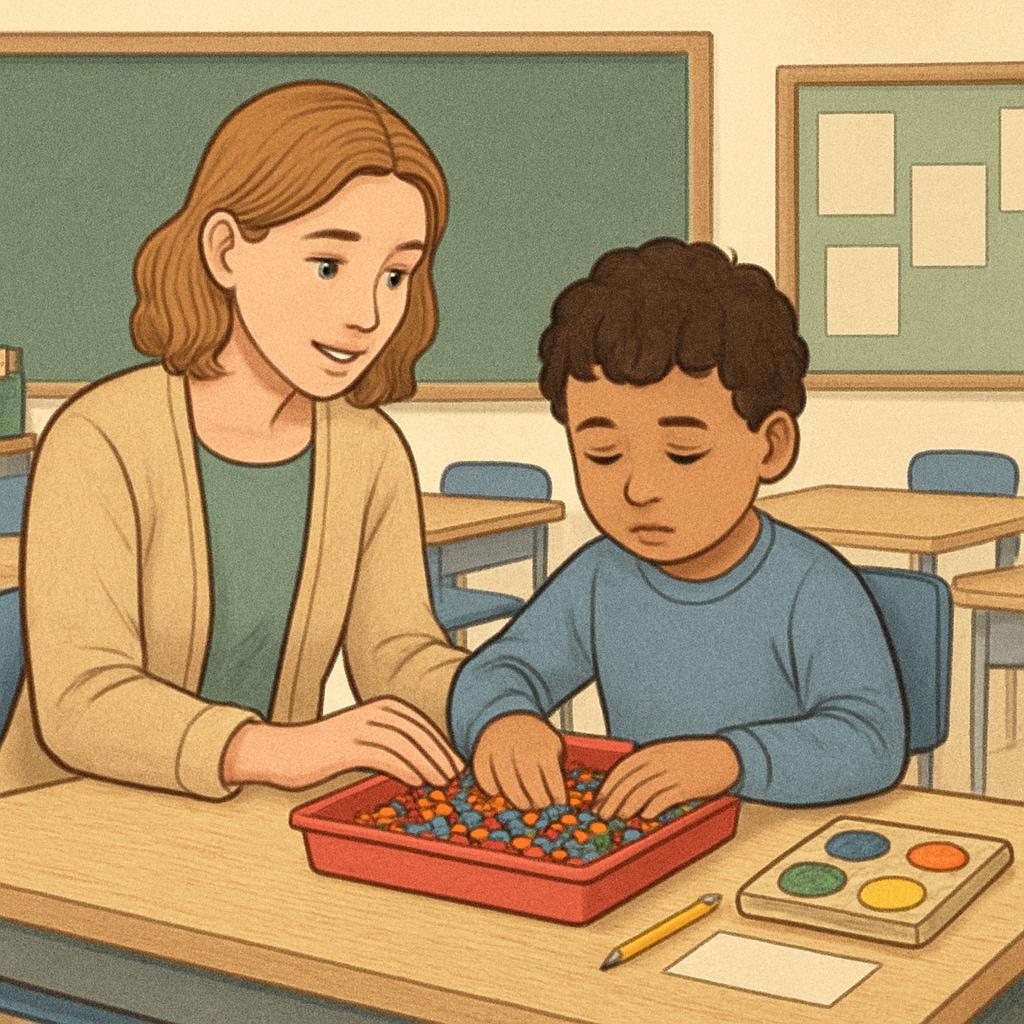Working in special education, particularly as a teaching assistant supporting children with Autism Spectrum Disorder (ASD), requires thoughtful preparation and a deep commitment to fostering growth. Special education roles involve not only professional training but also emotional resilience, adaptability, and a genuine passion for helping each child reach their potential. This article explores the critical elements of preparation, from physical and mental readiness to practical strategies for engaging with children on the autism spectrum.
Understanding Autism Spectrum Disorder and Special Education
Before stepping into a special education environment, it’s crucial to understand the unique challenges and strengths of children with Autism Spectrum Disorder. ASD is a developmental condition that affects communication, social interaction, and behavior. Each child on the spectrum is unique, with varying needs and abilities. Teaching assistants must familiarize themselves with individualized education plans (IEPs), sensory sensitivities, and therapeutic strategies commonly used in ASD education.
For example, learning about techniques like Applied Behavior Analysis (ABA) or visual schedules can significantly enhance your ability to support children effectively. In addition, understanding the importance of patience and consistency in interactions will help build trust and encourage positive development.

Building Emotional and Physical Readiness
Special education requires more than academic knowledge; emotional resilience and physical stamina are equally vital. The work can be both rewarding and challenging, as children may exhibit unpredictable behaviors or struggle with communication. Teaching assistants need to maintain a calm demeanor, even in stressful situations, and develop strategies to manage their own emotions.
Physical readiness is also essential, as the role often involves active participation, such as assisting students during physical activities or helping with transitions between tasks. Regular exercise and mindfulness practices can prepare you for the physical and mental demands of the job.
Strategies for First-Time Teaching Assistants
For those entering special education for the first time, preparation is key. Here are some practical strategies to help you succeed:
- Observe and Learn: Spend time observing experienced educators and assistants to understand effective techniques and classroom dynamics.
- Communication Skills: Develop clear and simple ways to communicate with children, using visual aids, gestures, or simple language when necessary.
- Build Relationships: Focus on creating trust with students by being consistent, empathetic, and patient.
- Seek Training: Enroll in workshops or certifications specific to ASD and special education, such as sensory integration training.
Additionally, collaborating with other educators and specialists will provide valuable insights into managing diverse needs effectively.

Adapting to Unique Challenges in Special Education
Every day in special education presents new challenges and learning opportunities. For example, children with ASD may struggle with changes in routine or sensory overload. Teaching assistants can help mitigate these challenges by offering alternative activities, creating calming spaces, or using tools like noise-canceling headphones.
Flexibility and adaptability are crucial in this environment. Being prepared to modify lesson plans or adjust strategies on the spot ensures you can meet the needs of each child effectively. Moreover, documenting progress and challenges can help refine your approach over time.
For additional information on Autism Spectrum Disorder and strategies for educators, visit Autism Spectrum on Wikipedia or Autism Spectrum Disorder on Britannica.
Conclusion: The Reward of Growth
Working as a teaching assistant in special education is both a journey and a partnership—one that requires preparation, empathy, and dedication to growth. As you support children with Autism Spectrum Disorder, you’ll not only help them achieve their goals but also experience personal and professional growth. By building emotional readiness, gaining practical skills, and embracing adaptability, you’ll be well-equipped to make a meaningful impact in the lives of these remarkable children.
Special education is not just a profession; it’s a commitment to understanding, patience, and shared progress. With the right preparation, teaching assistants can create environments where every child feels supported and valued.


